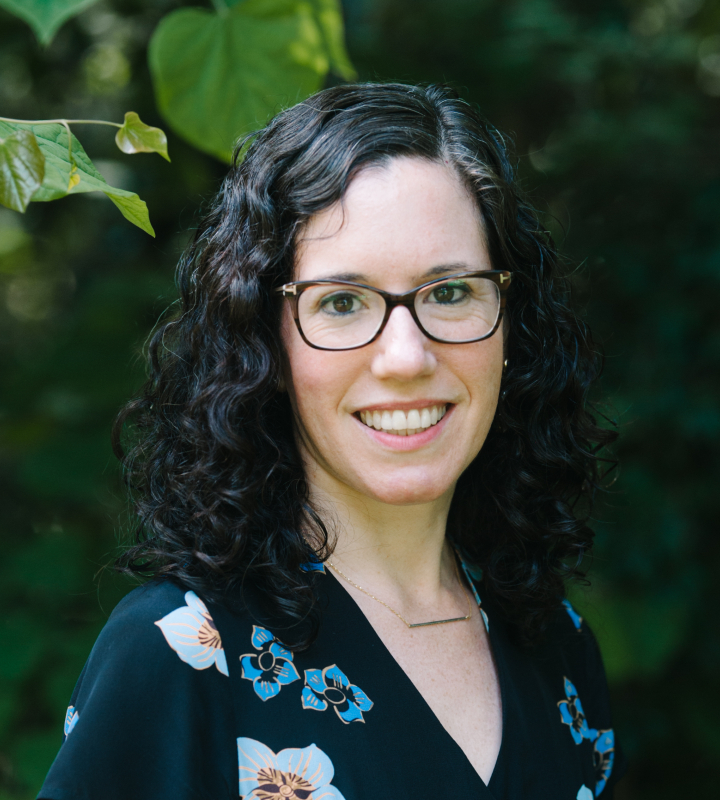Mara Buchbinder, Ph.D. is Professor and Vice Chair of Social Medicine and Adjunct Professor of Anthropology at UNC – Chapel Hill, as well as core faculty in the UNC Center for Bioethics. Dr. Buchbinder is a medical anthropologist with broad interests in cultures of health, illness, and medicine in the United States. Her recent work focuses on how patients, families, and healthcare providers navigate social and ethical challenges resulting from changes in medical technology, law, and health policy. Dr. Buchbinder is the author of Saving Babies? The Consequences of Newborn Genetic Screening (with Stefan Timmermans, 2013, University of Chicago Press) All in Your Head: Making Sense of Pediatric Pain (2015, University of California Press), and Scripting Death: Stories of Assisted Dying in America (2021, University of California Press), and the editor of Understanding Health Inequalities and Justice: Bridging Perspectives for New Conversations (with Michele Rivkin-Fish and Rebecca Walker, 2016, UNC Press). In 2017, she received a Phillip and Ruth Hettleman Prize for Artistic and Scholarly Achievement by Young Faculty at UNC – Chapel Hill. In 2019, she received the Polgar Prize from the Society for Medical Anthropology for the best published paper in the previous year’s volume of Medical Anthropology Quarterly. The prizewinning article can be accessed here: https://anthrosource.onlinelibrary.wiley.com/doi/abs/10.1111/maq.12468
For more information, visit: https://www.med.unc.edu/socialmed/directory/mara-buchbinder/
